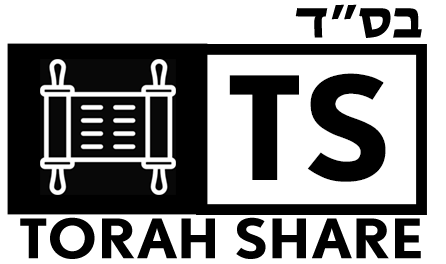Six days shall work be done, but on the seventh day there shall be to you a holy day, a sabbath of solemn rest to the Lord. (Exodus 35:2)
During the forty years that the Israelites wandered in the desert they carried with them a portable temple referred to as the Tabernacle or the Mishkan. The creative acts that are forbidden on Shabbat are those acts similar to the skills that went into building or assembling the Mishkan. The Talmud outlines 39 different categories of such creative acts that are forbidden to do on Shabbat. They represent our ultimate power of creativity which is to build a temple that accommodates the presence of G-d on earth. Of course we know that G-d does not literally dwell in the Mishkan, however, the Mishkan symbolizes our ability to serve G-d and infuse every moment and every place with the presence of G-d. In other words the greatest accomplishment of a human being is to serve to make manifest G-d’s presence in the here and the now.
The building of the Mishkan represents the greatest accomplishment that we could ever imagine to accomplish in our lives. G-d created the world for you and me and our joy, task and service is to take this world and build it into a sanctuary for the presence of G-d. The greatest accomplishment that we could ever do is to do something for G-d. This is one of the most amazing ideas in Torah tradition, that we human beings can do something for G-d. It is human nature to feel great when we can do something for an important or famous person. Torah teaches that we can even do something for He who is the greatest — G-d. This is one of the most mystical ideas in Jewish tradition–G-d created work for us to do for Him. When I act on my own behalf it is no great shakes but when I act on G-d’s behalf it takes me beyond myself and connects me to G-d.
we build the Mishkan we are creating a space for G-d to become present in this world and this is the greatest human accomplishment imaginable. Why then are we commanded to refrain on Shabbat from the greatest act of human creativity and accomplishment? To ensure that we are truly doing it for G-d’s sake. Otherwise it could be just another ego trip.
Now imagine it is Friday afternoon, it’s the dawn of the sixth millennium, six thousand years we have been waiting for the Messiah and finally he has come and we are building the tabernacle. Within minutes we complete the ultimate accomplishment we have been dreaming of but Shabbat is coming soon. We need just ten more minutes to complete the temple and infuse this world with the complete presence of G-d — but Shabbat is starting in five minutes. Would we stop? Could we stop? Are we willing to let go of the greatest service to G-d, the ultimate accomplishment humanly possible? Are we going to blow the rectification of the universe for five minutes of Shabbat and wait 25 hours to resume?
But this is exactly the message of Shabbat and the blessing it bears.
If we are really building the Temple for G-d than if the Boss says stop we stop. The goal is not to finish the temple rather the goal is to infuse very moment with the presence of G-d through service. If you cannot stop then you were building the temple for yourself.
In summary: What is Shabbat all about? Shabbat is a time to stop. And when we stop that retroactively affirms that everything we have done until now is truly in service to G-d. If the boss closes shop and doesn’t want us to work why would we even want to do work? Otherwise we are confused and think we are self-employed. Shabbat reminds us that we just work here in this moment, in this moment, in this moment. Shabbat teaches us that the future that we are looking forward is not any more important than this moment right now in our service to G-d. Only the now is real and only now is the time to bring G-d’s presence into the world. Shabbat empowers us to stop, chill out, beat the rush and be at peace now.
If you are interested in videos from this Rabbi please visit this YouTube Channel:
https://www.youtube.com/channel/UCNbVf7ibtvSJTFGUOz4pf1g
If you are interested in receiving these Torah-Share.com posts via email please subscribe here: http://torah-share.com/subscribe/
